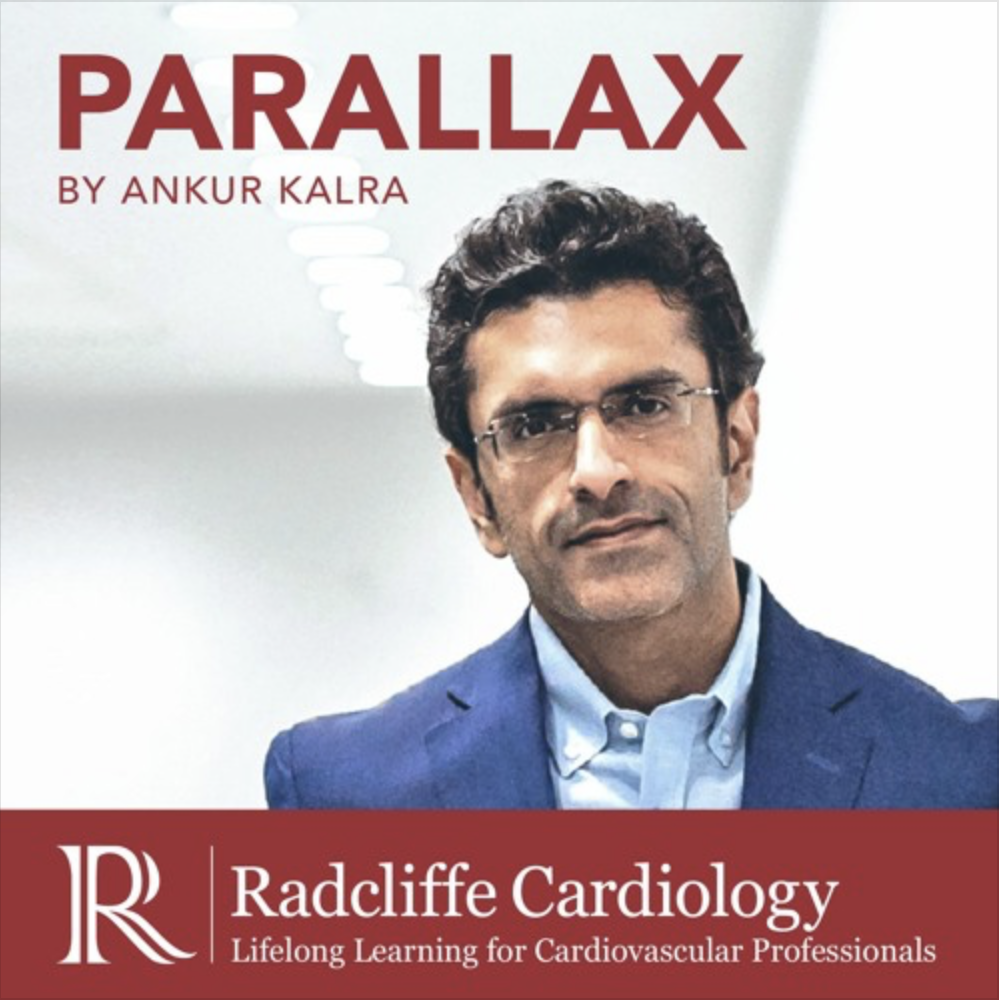
The State of Ohio reported its first coronavirus cases on March 9. Prior to that, on February 28, the Cleveland Clinic announced that they are prepared to open 1,000 additional hospital beds if needed. Ohio was one of the states to follow recommendations and intervene quickly.
Ankur Kalra asks Grant W Reed, Director of the Cleveland Clinic’s STEMI program, to reflect on the actions they took and the challenges of delaying cardiovascular procedures in the wake of the coronavirus pandemic. Dr Reed offers insight on the factors that influenced the Cleveland Clinic’s STEMI policy for COVID-19. Ankur and Grant discuss the triage considerations for patients with structural heart disease and the steps the clinic took to protect its healthcare workers.
In this week’s Parallax Dr Kalra and Dr Reed are addressing questions in the wake of Cleveland Clinic’s decision to reopen services for essential procedures. Which cardiac operations should be performed? What is the impact of COVID-19 outbreak on cardiac surgery? How can healthcare institutions address the safety concerns of their patients?
Tune in to listen to this week’s episode of Parallax. Hosted by @AnkurKalraMD. Produced by @RadcliffeCARDIO.
Submit your questions to Ankur via: podcast@radcliffe-group.com.
Related Sources
www.washingtonpost.com/national/heal…88_story.html

In this week’s Parallax, Dr Kanaa’N, the director of the program, and Dr Lahorra, chairman of the Heart, Vascular & Thoracic Department of Akron General introduce the listeners to the foundations of their program and the paradigm shift brought by TAVR.




What is the Global Cardiology University project? How does Dr Anavekar encourage trainees to re-examine their role in patient care? What is his advice to our listeners?

As Dr Kalra asks Dr Rao about the ways in which early career faculty members can get involved with the organization at a state level. Dr Rao shares his insider tips and highlights key events where individuals can further their participation.
How can you get involved with your local ACC chapter? How can you improve your leadership skills? What is Dr Rao’s advice for our listeners?

He explains how the complexity of nutrition and the compounds generated by the gut microbiome can impact our health. We learn more about three compounds produced by our gut microbiome that have a strong connection with heart disease.
Through this conversation, Dr Vuyisich invites us to reframe our approach to nutrition and prevention as a question of food education and data-driven science.


This episode features a vascular neurologist and an interventional cardiologist who will discuss the relationship between their two fields of medicine.

In this rich and insightful discussion, Dr Kittleson talks about the origins of famous #kittlesonrules, a collection of tips for doctors shared on Twitter, and her thoughts on mentorship. We learn more about Mastering the Art of Patient Care. Dr Kalra and Dr Kittleson discuss strategies for managing difficult situations in patient care.

What do you need to know about hospital investigations? What is the difference between OPPE and FPPE? How can you get educated on hospital bylaws and processes?
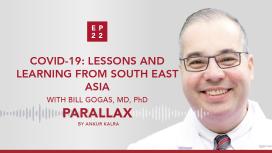
Hear Bill’s take on how East Asia responded to and successfully managed the pandemic and how they are now seeing a significant reduction in cases outside the epicentre. Hear how the strategy resulted in only 93 patients in Bill’s city of Nanjing, testing positive for coronavirus with a city population of 8 million.
Learn about effective responses, the importance of early control and how as a cardiovascular physician, your life and practice may be impacted by the virus.
Submit your question to Ankur via: podcast@radciffe-group.com.
Hosted by @AnkurKalraMD. Produced by @RadcliffeCARDIO.
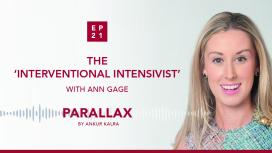
In this episode Ankur Kalra, MD meets with Dr Ann Gage, Cleveland Clinic’s first ‘interventional intensivist’. She discusses her unique skill set, what it means to be an interventionalist in the cath lab but also an expert in cardiovascular intensive care and advocates why such a unique skill set and critical care training are required in today’s modern medicine.
Listen to this engaging discussion between them on the challenges of being a woman in cardiovascular medicine today.
Submit your question to Ankur via: podcast@radciffe-group.com. Hosted by @AnkurKalraMD. Produced by @RadcliffeCARDIO.
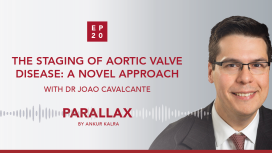
Listen to this, as well as an overview on his interesting childhood and his views on the future of cardiac imaging to treat TAVR.
Submit your question to Ankur via: podcast@radciffe-group.com. Hosted by @AnkurKalraMD. Produced by @RadcliffeCARDIO.
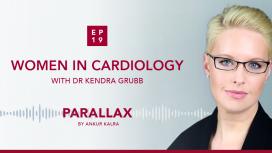
Her recent post on social media went viral. It was a photo of an all-women surgical team carrying out a complex structural heart procedure. It had over 100,000 views and was seen by people in over 75 different countries. It’s clear from this online reaction, that now is the time for women to be recognised for the work they are doing in medicine.
Listen to this engaging discussion between them on the challenges of being a woman in cardiovascular medicine today.
Submit your question to Ankur via: podcast@radciffe-group.com. Hosted by @AnkurKalraMD. Produced by @RadcliffeCARDIO.
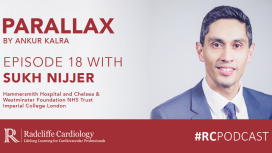
Trials discussed in detail include those presented at the ACC in New Orleans: PARTNER 3 & Evolut Low Risk on TAVR/TAVI, and SAFARI & COAPT on radial vs femoral access; presented at the ESC in Paris: THEMIS and ISAR-REACT 5 on DAPT post-PCI, DAPA-HF on SGLT2i’s for heart failure, and COMPLETE on PCI of non-culprit lesions in STEMI; presented at TCT in San Francisco: TWILIGHT on DAPT post-PCI, and EXCEL at 5 years on PCI vs CABG in left main CAD; and finally, presented at AHA in Philadelphia: ISCHEMIA on medical vs invasive approaches in ischemic events. Submit your question to Ankur via: podcast@radciffe-group.com.
Hosted by @AnkurKalraMD. Produced by @RadcliffeCARDIO.





